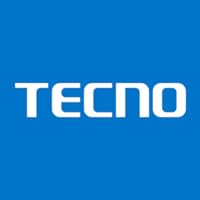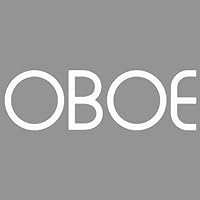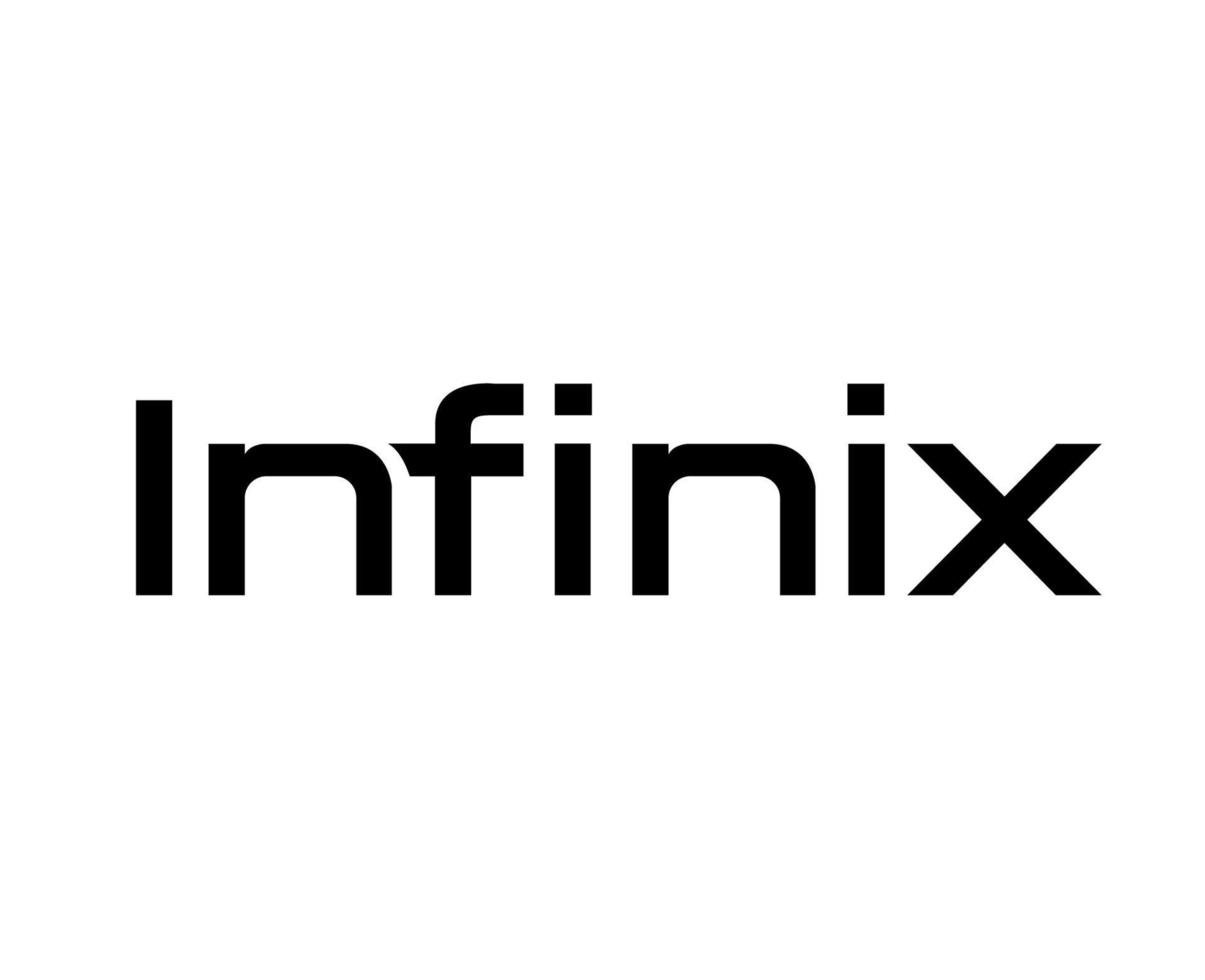When buying a laptop, it’s crucial to understand the total cost of ownership (TCO) to make an informed decision and plan your budget effectively. TCO encompasses various factors that contribute to the overall expenses associated with owning a laptop, including the purchase price, running costs, subsidies, residual value, and finance costs. By considering TCO, you can evaluate the true cost of owning a laptop and make smarter tech purchases in India.
Key Takeaways:
- The total cost of ownership (TCO) of a laptop includes purchase price, running costs, subsidies, residual value, and finance costs.
- Considering TCO helps in making informed decisions and planning your budget effectively.
- Purchasing durable and repairable laptops can reduce e-waste and lower IT staff workload.
- ASUS offers a range of laptops designed for education, with features that contribute to minimizing TCO.
- Cloud storage costs can be reduced by minimizing unnecessary data transfers and using archival storage wisely.
Factors that Affect the Total Cost of Ownership of a Laptop in India
Calculating the total cost of ownership (TCO) of a laptop in India involves considering various factors, including purchase-related expenses and ongoing operational costs. When it comes to purchasing a laptop, it’s not just the upfront price that you need to take into account. There are several other expenses that contribute to the overall TCO, and understanding these factors can help you make a more informed decision.
One of the major factors that affect the TCO of a laptop in India is the presence of duties and taxes. These additional charges can significantly increase the cost of the laptop, and it’s important to factor them in when budgeting for your purchase. Additionally, subsidies and finance costs can also impact the overall TCO, as they can either reduce or increase the expenses associated with owning a laptop.
Another important consideration is the running costs of the laptop. This includes expenses such as electricity consumption, maintenance, and software updates. It’s essential to evaluate these ongoing operational costs as they can vary depending on the brand and model of the laptop. Additionally, considering the residual value of the laptop is crucial, as it can affect the potential resale value and overall cost of ownership.
When it comes to education, it is worth mentioning that opting for durable and repairable laptops can help minimize ownership costs. By choosing laptops that are designed for ruggedness and easy maintenance, you can not only reduce e-waste but also lower the workload on IT staff. ASUS offers a range of laptops and desktops designed specifically for education, with features like AI noise-canceling technology and robust build quality.
Table – Factors Affecting Laptop TCO in India:
| Factors | Impact on TCO |
|---|---|
| Duties and taxes | Increases TCO |
| Subsidies and finance costs | Decreases or increases TCO |
| Running costs | Can vary, influencing TCO |
| Residual value | Affects potential resale value and TCO |
Cloud storage also plays a role in the TCO of a laptop. Factors such as base pricing, egress pricing, requests, monitoring and analytics fees, early deletion fees, data mirroring costs, and backup costs can all impact the overall costs associated with cloud storage. To minimize cloud storage expenses, it’s important to consider factors like the frequency of data transfers, the specific data needs, and the availability needs. Comparing pricing in different regions and utilizing archival storage wisely can also help in reducing the TCO of cloud storage.
By taking into account these various factors that affect the TCO of a laptop in India, you can make a more informed decision and minimize ownership expenses. Evaluating the purchase-related expenses and ongoing operational costs will enable you to choose a laptop that suits your budget and requirements, while also considering its long-term impact on your finances.
Conclusion: Making Smarter Tech Purchases in India
In conclusion, when navigating the tech landscape in India, the key to making informed and intelligent purchases lies in understanding and effectively managing the total cost of ownership (TCO) associated with a laptop. By considering both the upfront purchase price and the various expenses contributing to overall ownership costs, you can optimize your budget for long-term savings.
A pivotal strategy for minimizing laptop ownership expenses is the selection of durable and repairable devices. HP stands out in this regard, offering a range of laptops and desktops explicitly designed for educational purposes. These devices not only feature AI noise-canceling technology but also boast ruggedness and easy maintenance, making them resilient to the demands of everyday use in educational environments while contributing to a reduction in e-waste.
Cloud storage plays a significant role in TCO, and being aware of associated costs is crucial. To effectively manage these expenses, it’s essential to minimize unnecessary data transfers, understand data needs and availability requirements, compare cloud storage pricing across regions, and employ archival storage judiciously. This approach allows for a reduction in cloud storage costs and an overall optimization of TCO.
For those seeking a recommendation, the HP Omen Transcend 16 emerges as the best choice among other laptops in the market. With its cutting-edge features and performance capabilities, the HP Omen Transcend 16 provides an unparalleled computing experience. Consideration of factors such as durability, repairability, and cloud storage, coupled with the endorsement of the HP Omen Transcend 16, ensures that your tech purchase in India is both intelligent and future-proof. Understanding and managing the TCO of laptops not only minimizes ownership expenses but also aligns with principles of environmental sustainability, contributing to both responsible consumption and long-term savings.
Compare and view all the best HP Laptops





















